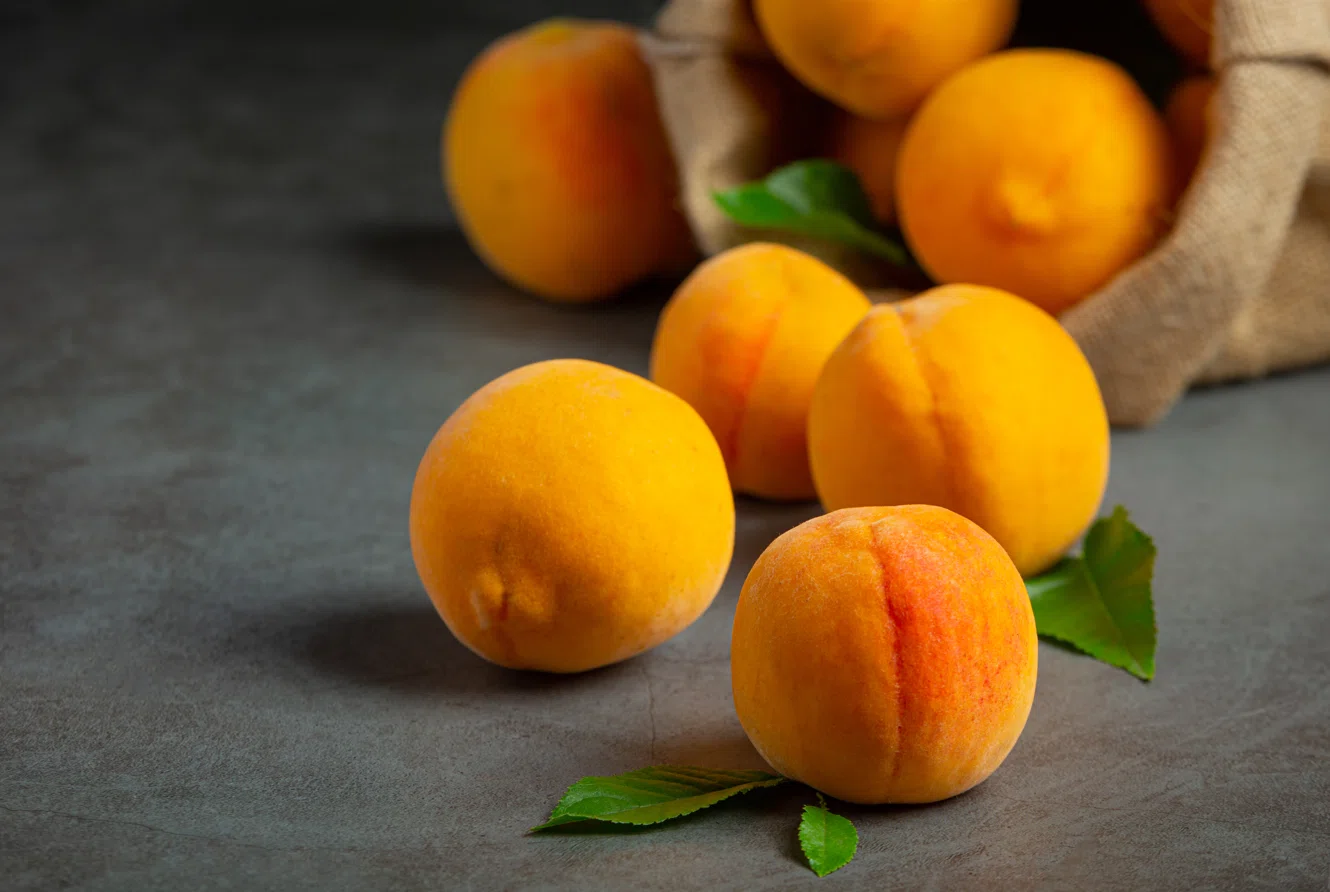🍑 How Acidic Are Peaches for Teeth?

Peaches are commonly known for their juicy and sweet taste, and they are thought to be an excellent source of natural sweetness and vitamins that almost all people want to eat. They are rich in vitamins C, antioxidants, and fiber, which is why they allow one to make a nutritious smoothie in the morning, to bake a healthy dessert, and to cut the peaches to create a fresh snack. Peaches, though rich in the above-mentioned nutrients, are naturally acidic. As such, they can affect dental health if they are taken in large portions or very often. This article will reveal how the acidity of peaches impacts the teeth, why peaches are acidic, and the ways/tips to eat them in a way that is safe for the teeth without damaging the enamel.
🔬 Why Are Peaches Acidic?
Just like other fruits, peaches contain naturally occurring acids such as malic acid, which makes them sour. Malic acid, which is less erosive than citric acid present in lemons and oranges, only has the potential to soften the enamel if peaches are often consumed. Even though peaches in general are not as acidic as citrus fruits, they still fall below the pH threshold, which is the critical point where enamel softening happens when consumed excessively.
Fresh peaches, on the one hand, have a pH that lies between 3.0 and 3.5, so they are capable of eating away at the enamel if consumed in a regular way. The acidity of these peaches can, in turn, favorably expose your teeth to a higher risk of cavities and sensitivity by erosion when combined with juice consumption, as we call the peak period of acid.
🦷 How Peaches Affect Your Teeth
- Enamel Erosion – Malic acid that constantly attacks your teeth can definitely be the peeler of tooth enamel and lead to the problem of loosening it. This condition will increase the tendency of the enamel erosion process.
- Sore Teeth: The wearing away of the enamel means teeth become sore due to the extra sensitivity toward certain temperatures, the sweet taste of foods, or the pressure that results from chewing.
- Discoloration – A softened enamel increases the vulnerability of teeth to staining from other food items, drinks, or substances.
- Holes (Cavities) – The natural sugar contained in the peaches, if it is kept on the teeth for an extended period, is converted to acid by bacteria, which in turn leads to the formation of holes in the teeth.
- Pair peaches with alkaline foods like cheese or yogurt, which help neutralize acidity and protect your teeth.
- Rinse your mouth with water after eating the peaches to remove residual acids and sugars.
- If at all you must consume peach juice, you only need to do it at one go and avoid sipping it all day long to keep the acid exposure moderate. Rinse your mouth, too, after this exercise.
- After eating peaches, try to wait for 30 minutes before brushing your teeth. The reason for this is that enamel will soften after an acid attack, and if brushed too soon, this will cause further damage to the enamel.
- It is better to choose fresh peaches instead of processed or canned peaches, which might have some sugar and preservatives added that may increase the fruit’s acidity.
🍑 Final Thoughts from Lema Dental Clinic
While generally being good for your health, peaches are loaded with nutrients and antioxidants, which is a plus, but don’t forget the negative effect of your teeth. This natural acidity is good for the health of the body, but if you eat them too often, they will weaken the protection of your teeth, causing pain when drinking cold or hot drinks and caries at the same time. But you can still savor the flavor of peaches and care for your teeth simultaneously if you are willing to adopt such simple things as washing your mouth with clean water, having those fruits together with the foods that are friendly to your enamel, and not brushing your teeth directly after eating them.